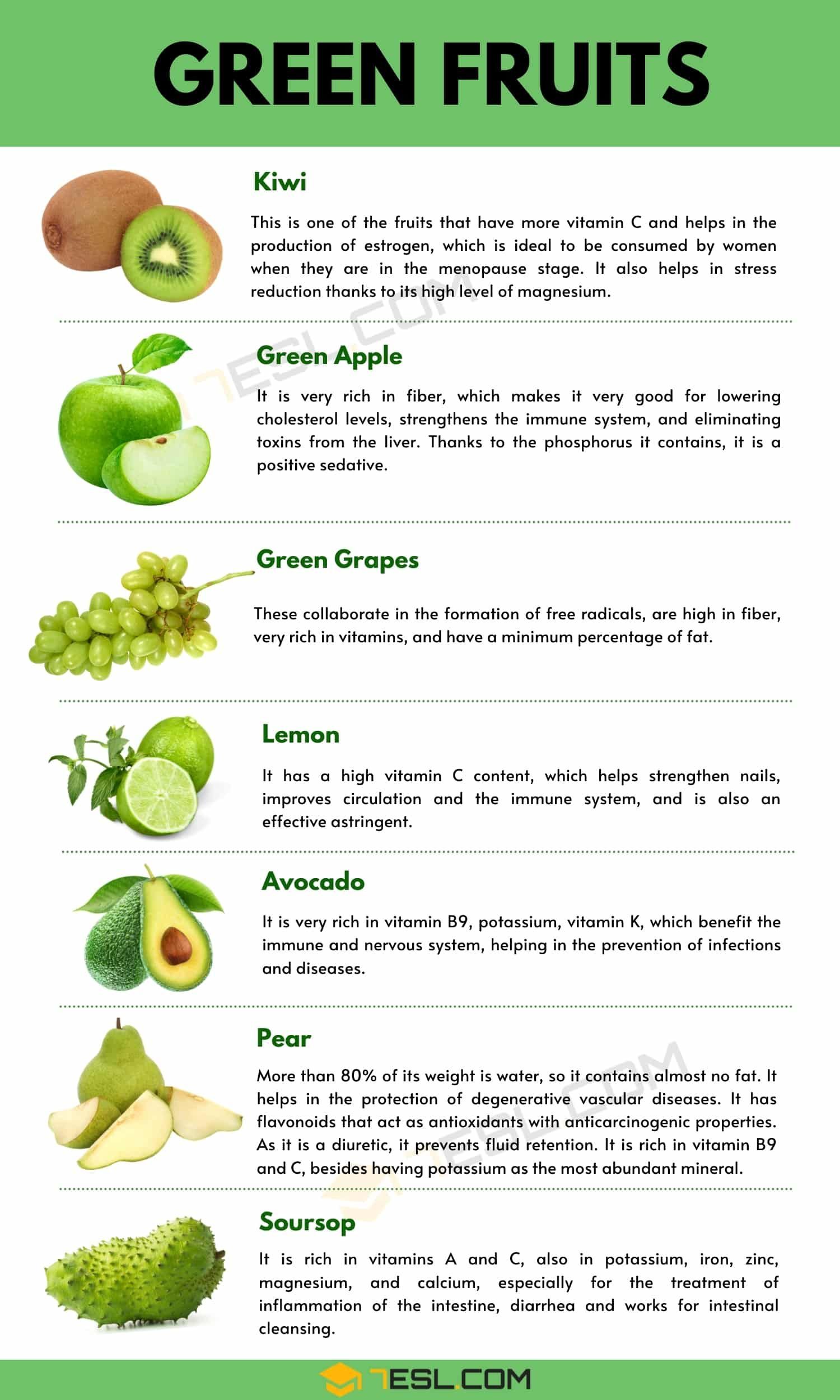Harnessing Meditation: A Path to Better Heart Health
Introduction
In today’s fasting pace world, stress has become a virtually unavoidable part of daily life. With stress contribute to a host of health issues, it’s no wonder that many are turned to meditation as a means to improve their overall advantageously being. One of the about compelling benefits of meditation is its positive impact on heart health. This article delves into how meditation can bolster cardiovascular health, offer practical guidance and tips to incorporate it into your daily routine.
The heart mind connection
The connection between mental intimately being, and physical health is intimatelydocumentedt, and the heart is one of the orgawell-nighigh affect by this link. Stress and anxiety can lead to elevated blood pressure, increase heart rate, and chronic inflammation, all of which are risk factors for heart disease. Meditation, with its focus on mindfulness and relaxation, can help mitigate these effects, promote a healthier heart.
Scientific backing
- Blood pressure: Several studies have shown that regular meditation can lead to a reduction in blood pressure, a major risk factor for heart disease.
- Heart rate: Meditation practices, such as mindfulness and deep breathing, help lower heart rate by activate the parasympathetic nervous system.
- Inflammation: Meditation has been associate with reduced levels of inflammatory markers, which can protect against heart disease.
How meditation improve heart health
Meditation provide a host of benefits that forthwith support heart health. Here’s how:
- Stress reduction: By promote relaxation and mental clarity, meditation help to lower stress, a know contributor to heart disease.
- Improved emotional health: Regular meditation can increase self awareness and emotional resilience, reduce negative emotions that can strain the heart.
- Better sleep: Meditation frequently leads to improved sleep quality, which is crucialfor maintainingn a healthy heart.
- Enhanced focus and mindfulness: Being mindful can help you make healthier lifestyle choices, such as maintain a balanced diet and exercise regularly.
Getting start with meditation for heart health
Incorporate meditation into your routine doesn’t require a drastic lifestyle change. Here are some practical steps to get start:
- Start small: Begin with simply five minutes a day. Gradually increase the duration as you become more comfortable with the practice.
- Create a dedicated space: Designate a quiet, comfortable space in your home for meditation. This will help you’ll establish a routine.
- Focus on breathing: Concentrate on your breathing, take slow, deep breaths. This help calms the mind and body.
- Use guided meditations: Apps and online resources offer guide meditations that can be helpful for beginners.
- Be consistent: Aim to meditate at the same time each day to build a last habit.
Real life example: meditation’s impact on heart health
Consider the story of john, a 45-year-old businessman with a demanding job and a family to care for. John was diagnosed with hypertension and was incessantly worried about his heart health. After a friend recommend meditation, john decide to give it a try. Over the course of several months, henoticese a significant decrease in his blood pressure and feel more relaxed and focused. John’s story is a testament to the power of meditation in support heart health.
Conclusion
Meditation is a simple however powerful tool that can have profound effects on heart health. By reduce stress, improve emotional well-being, and promote healthier lifestyle choices, meditation support a robust cardiovascular system. Whether you’re look to prevent heart disease or manage exist conditions, meditation offer a natural, holistic approach to heart health. As you’ll embark on your meditation journey, will remember that consistency is key, and the benefits will grow over time. Explore this practice air, and discover how it can transform your heart and life.



